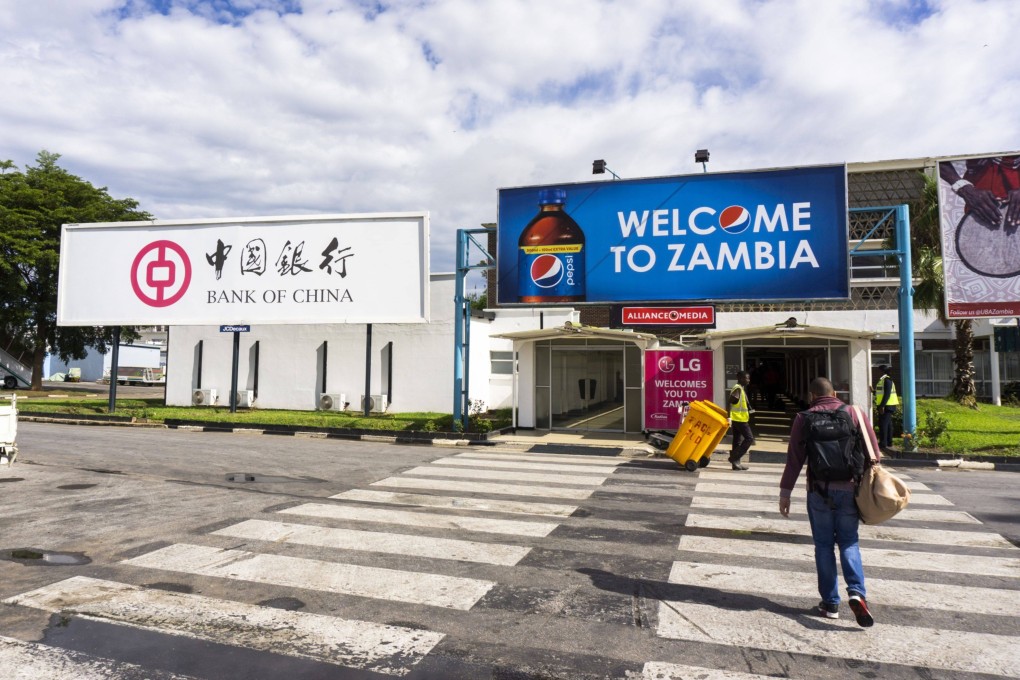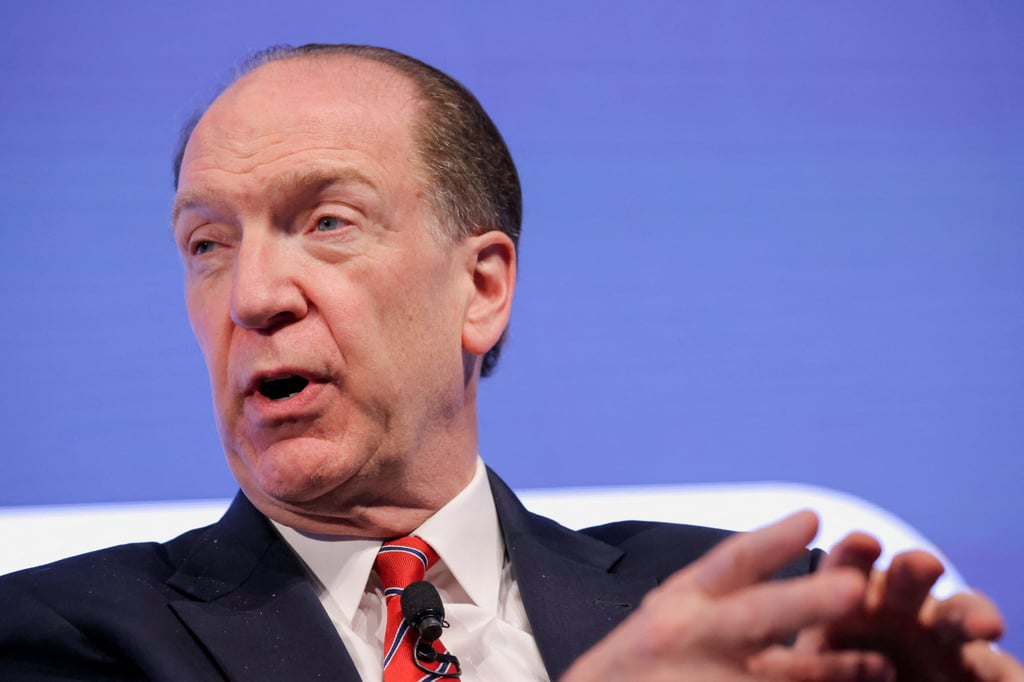China calls for multilateral lenders to ease Zambia’s debt burden
- Beijing says these financial institutions and ‘predominantly Western commercial lenders’ hold the bulk of the African nation’s foreign debt
- It comes after World Bank chief David Malpass said China had been causing delays in Zambia’s debt restructuring negotiations

China has sought to distance itself from Zambia’s debt problems, saying most of the southern African nation’s burden is from multilateral lenders and commercial creditors.
Malpass said the delays were “frustrating” and that Beijing needed to move on from unfeasible demands, in an interview with Bloomberg TV. “It’s important for them to be focused on getting to an actual debt restructuring where the burden can be lightened for Zambia,” he said.

China hit back on Tuesday, saying multilateral financial institutions should offer Zambia debt relief – a call the World Bank has in the past rejected.
Citing Zambian finance ministry data, foreign ministry spokeswoman Mao Ning said multilateral financial institutions accounted for 24 per cent of Zambia’s foreign debt, while “predominantly Western commercial lenders” accounted for 46 per cent.
“The key to easing Zambia’s debt burden thus lies in the participation of multilateral financial institutions and commercial creditors in the debt relief efforts,” Mao told a regular press briefing in Beijing.
She said China attached high importance to the issue. “We have played a constructive role in handling Zambia’s debt under the G20 Common Framework,” Mao said, referring to an initiative between Group of 20 and Paris Club countries, private creditors and China to find solutions to the debt problems of low-income countries.